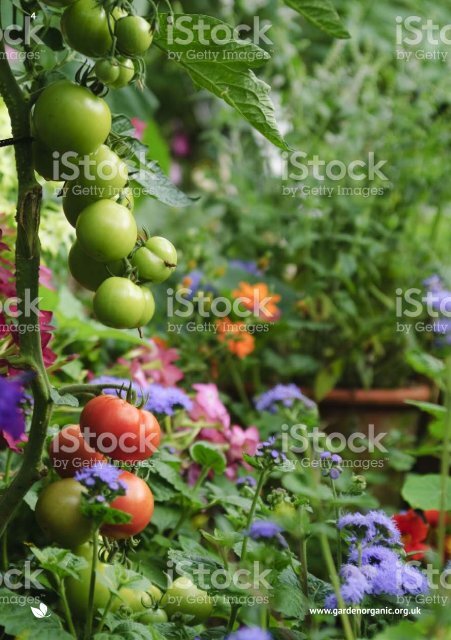Garden Organic Booklet - Final Draft 01
Create successful ePaper yourself
Turn your PDF publications into a flip-book with our unique Google optimized e-Paper software.
4<br />
Introduction<br />
How This Guide Works<br />
These guidelines describe the organic approach to gardening – what to do and what to avoid.<br />
However, this is not a growing advice booklet. For practical application of the organic principles,<br />
visit the <strong>Garden</strong> <strong>Organic</strong> website, gardenorganic.org.uk, where you will find links to numerous<br />
growing advice pages.<br />
Many of us are on a growing journey, learning as the seasons pass, and hoping to move towards<br />
being as organic as possible. The signposts on the route all point to learning to embrace and<br />
trust the five principles. This booklet is written to help you. We have used a traffic light system,<br />
so that each technique is given the green, amber or red light.<br />
Best practice. This should be your first choice, as an organic grower.<br />
These techniques embody the organic principles. They are based on years of research<br />
and proven best practice. You will be working alongside nature and enhancing the<br />
natural environment.<br />
Also acceptable.<br />
Although not ‘gold standard’, this is still good practice, and you are thinking the<br />
organic way.<br />
Acceptable, but not for regular use.<br />
Sometimes the organic ideal simply isn’t possible. In these sections, we offer the<br />
next best alternative. Many of these techniques are acceptable as a one-off or<br />
temporary measure, particularly in pest and disease management.<br />
Not acceptable in organic growing.<br />
These are things which should be avoided. They can either be bad practice,<br />
or even worse, cause harm to the natural environment.<br />
www.gardenorganic.org.uk<br />
5



